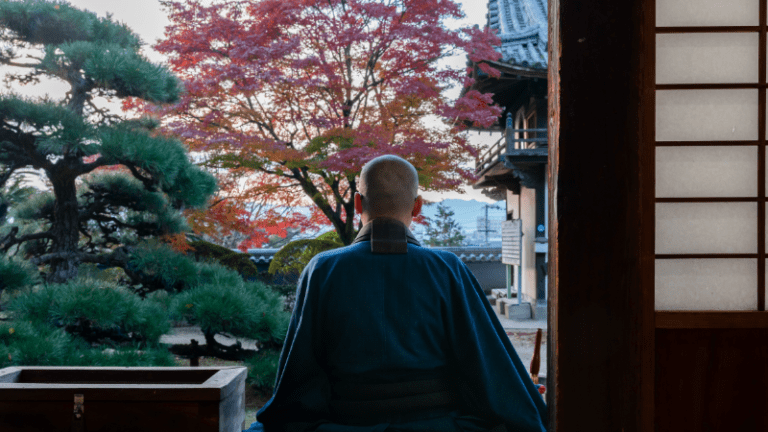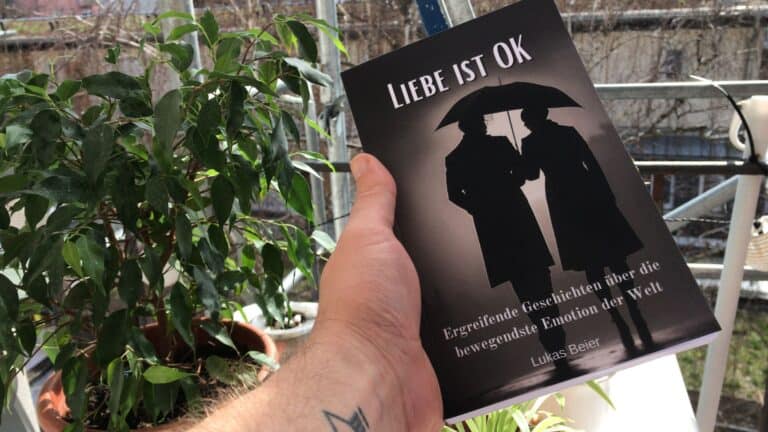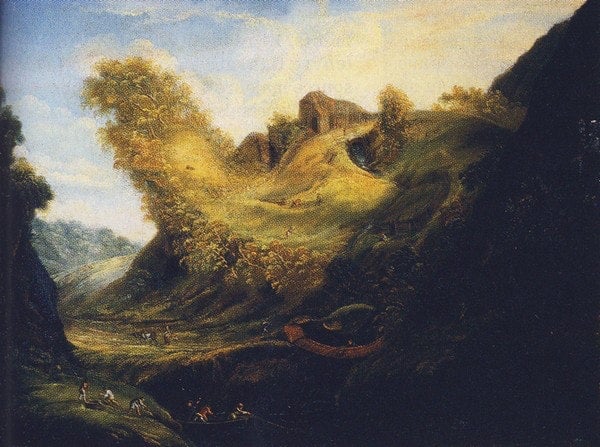Alan Watts on the futility of life (and Wu-Wei)
English philosopher Alan Watts is known for "translating" Indian, Japanese and Chinese traditions of Buddhist, Taoist and Hindu philosophy for a Western audience. In his writings and lectures, he often tried to convey the meaning of foreign words and concepts. One of them is the Taoist "Wu-Wei".
Wu-Wei describes the art of not striving, which is probably the shortest description of what it is supposed to be. However, since our Western languages lack a proper substitute term, we miss the meaning if we do not elaborate. Wu-wei is also non-striving, happening by itself, and meaninglessness.
Wu-Wei is a very important aspect of Daoism (if you want to learn more about the origin of the word, you can check out this scholarly Article ), which you will encounter very often in various forms when you study Eastern philosophy. Not only in Daoism.
For this article, please refer to the following short video with excerpts from some speeches Alan Watts has given on this topic.
If you want, you can watch it in advance to get an even deeper understanding. After that, we will look at what Watts meant by these words and where he got them from.
Alan Watts on aimlessness
"You don't have to do anything. You don't have to live on, but it's a great idea."
In his work, Watts has countless times referred to the idea that there is no need to do anything. At least not on a higher - cosmic - level. Only when there is a motive on a personal or social level do we get the feeling that we have to do certain things, he says - mind you, the Feeling get
"It's a great thing when you learn what the Chinese call purposelessness. They believe that nature is purposeless.
When we say something is futile, it is a disparagement. It has no future. It's a failure. But when they hear the word "purposeless," they think, "That's just great." When the Chinese say "nature is purposeless," it's a compliment."
For us Westerners, Wu-Wei is not always easy to understand or comprehend, as our belief systems usually demand that everything has a purpose.
"It's like watching wild geese fly and hide in the clouds, like watching a ship disappear behind a distant island, like wandering on and on through a great forest with no thought of returning."
Here Alan Watts describes the Japanese concept of aesthetics called Yūgen (幽玄). The words used are pretty much those of Zeami Motokiyo (a Japanese actor and aesthetician). Yūgen's meaning is complex, but in itself derives from the words "mystery" and "depth." Yūgen is a beautiful place to be. You can forget about everyday life with all its duties and troubles for a short time.
"Haven't you done this before? Haven't you ever gone for a walk without a specific destination? Take a stick with you and occasionally hit old tree stumps. You wander around, sometimes twiddling your thumbs. At that moment, you've learned aimlessness."
This passage is again related to wu-wei, because in the unseeded state we do things that happen by themselves. I don't know about you, but every time I experience such a moment, it feels pure and extremely peaceful.
"All music is futile. Does music accomplish anything? If it did, I mean, if the goal of music or a symphony was to get to the last bar, then the best conductor would be the one who gets there the fastest."
This music reference may be one of the most famous metaphors Alan Watts used in his lectures and speeches.
"It's like the waves lapping against the shore, going on and on and on. Without having any sense."
Well, it's the same with our lives. We believe that life has a meaning. Like the birds on the trees "chirp, chirp, chirp". What's the point of all this?
Everyone is trying to say, "Ah, this is a mating call. The purpose is to get their mates. They attract them with a song. That's why they have colors. Butterflies have eyes. Self defense. The technical view of the universe."
Why is that?
They say, "Well, because they have to survive."
Why survive? What is it good for?
"Well, to survive" And they say, "Well, this is terribly serious, terribly important. We have to go on like this."
You see, when you dance, you dance. Do you have the goal of arriving at a certain place on the dance floor? The goal in dancing is to dance. So here is the choice:
Do you want to trust her or not?
I have to entrust myself to a nature that has no boss.„
This last part is a fictional dialogue to emphasize this. The dancing part is also a metaphor that Watts often uses, as it explains purposelessness in an easily understandable way. One could argue that "purposelessness" is a strong and perhaps even negative word, but again, Alan Watts has pointed out that this is only so when we look at it with our Western mindset. Actually, it is meant in a nice and relaxed way.
Further, Watts has stated several times that he intentionally exaggerated and spoke in extremes to make a point.
In any case, I don't think this approach is discouraging at all. Rather, it is a friendly invitation to take things less seriously and to focus on and enjoy the beauty of the world. To me, it's not a philosophy of apathy, but one that gives you and me space to make our own sense of things, with the assurance that the universe at large is not dependent on our success.

If you liked this article you will find more. For example:
- Alan Watts' version of the Chinese farmer history
- Alan Watts explains Problems of modern life
Did you like this article? You can let us inform you about new articles:







